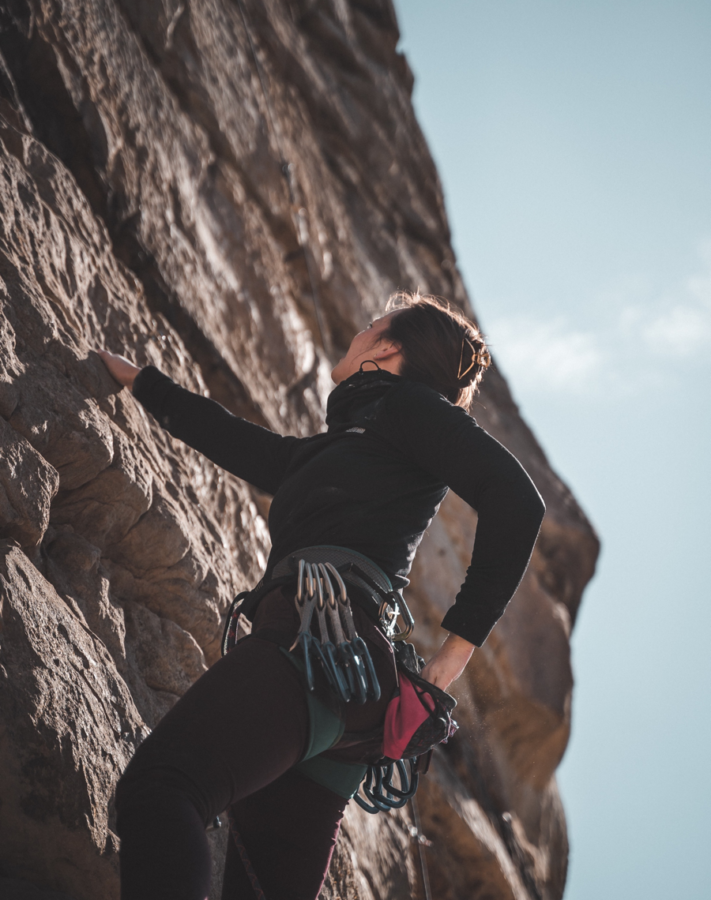Get some Non-Sleep Deep-Rest (NSDR)

What is Non-Sleep Deep-Rest?
Non-Sleep Deep-Rest (NSDR) is a collection of interventions that provide some of the beneficial effects typically experienced through extended periods of deep sleep. NSDR are brief interventions ranging in length from 10 to 90 minutes. Consulting with our highly experienced psychologists in Melbourne who can provide guidance on incorporating these practices into your life.
Dr Andrew Huberman, Professor of Neurobiology and Ophthalmology at Stanford University, coined the term NSDR from research within his laboratory. These interventions look to utilise short periods of time to gain meaningful rest and consolidation of learning.
NSDR protocols are not intended as a sleep replacement but to amplify the learning and performance effects of sleep, or when normal sleep routines have been temporarily disrupted.
Examples of NSDR protocols include:
- Yoga Nidra (sleep yoga)
- Self-Guided Hypnosis
- Daytime naps
Why use NSDR?
NSDRs have a demonstrated effect on learning, performance and stress responses. It is believed this occurs through inducing theta and delta brainwave patterns which have been associated with deep sleep.
These NSDR protocols appear to create ‘shallow sleep’. This allows the brain to take a rest from conscious thought and experience a period of physical and psychological rest outside of your normal sleep cycle.
Learning and Performance
Research has established that in order to improve our performance in important life domains we need to be able to learn and adapt. To learn we need two vital ingredients – focussed concentration and deep rest. The rest period between learning promotes consolidation, storage and recall of information.
Studies have demonstrated that learners who utilise periods of rest versus cramming before an exam have better long term memory. In high performance environments such as surgical education, NSDR interventions lead to improved adaptation from training.
In terms of napping as a NSDR alternative the research suggests naps ranging from 10 to 90 minutes bring varying cognitive and wakefulness benefits. The important thing is to not let your day time nap interfere with the quality of your night time sleep.
Better Sleep and Wakefulness
The practice of NSDR, specifically Yoga Nidra, helps those looking to improve their sleep by more regularly inducing the early stages of sleep. This helps during periods where the individual is not able to fit in a full sleep cycle, for example due to shift work or parenting.
The other benefit is in feelings of wakefulness following an NSDR protocol. The key is to keep the practice brief and not fall into deep or extended sleep which results in greater drowsiness on waking.
Stress Reduction
When working in a high stress or high workload environment, the experience of chronic stress can negatively impact day to day functioning. This can lead to burnout or other associated mental health concerns such as anxiety or depression.
The use of NSDR can assist in reducing the experience of stress-related symptoms. An NSDR meta-analysis using self-hypnosis demonstrated a medium to large effect size and was equally effective as other active stress reducing interventions such as mindfulness meditation.
How to develop an NSDR routine
A NSDR protocol can be integrated into your daily routine and is especially effective during periods of learning and skill development. Experiment with different protocols and find one that integrates into your life best.
Some examples of protocols to try are included below.
- 10 min NSDR protocol, Dr Andrew Huberman
- 10 min Yoga Nidra, Guided meditation
- 20 minute Yoga Nidra, Female voice or male voice
- NSDR meditation protocol, for increased focus
- Reveri, Self-hypnosis App, for focus and performance
- The Science of Naps, article
Want guidance?
Book in with our Performance Psychologist for a consultation. They can help you approach any performance task with clarity and confidence.
FURTHER RESOURCES
SERVICES
In our Focused Athlete Workshop, learn how mindful attention training can support you to manage thoughts, feelings and behaviour in the sporting environment. Come away with practical strategies to stay focused, deal with distraction, build resilience and consistently prepare and perform at your best, no matter the situation.
Our Stress and Resilience Workshop provides an overview of the role of stress, its impact on health, wellbeing and performance. We explore a range of practical ideas and strategies to help you manage stress with resilience—from controlling the controllable to completing the stress cycle.





